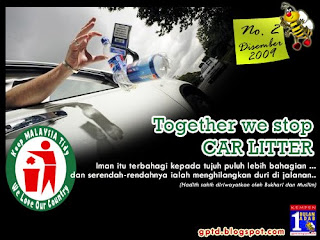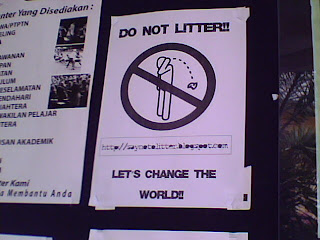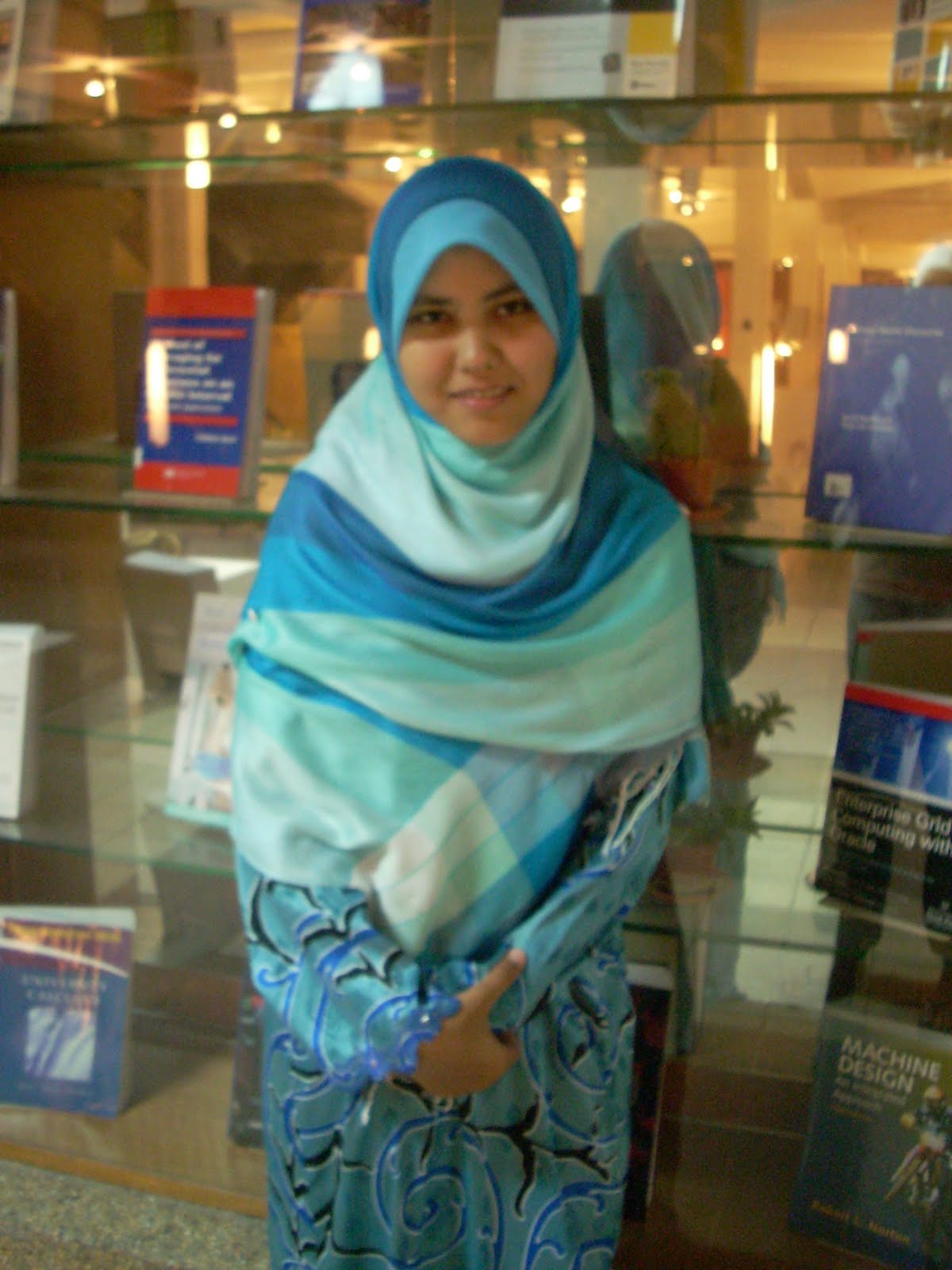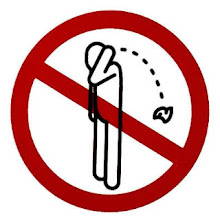Rubbish still being dumped indiscriminately in Sec 17
By CHRISTINA LOW
THE Section 17 market continues to be in the spotlight for the wrong reasons. The night hawkers and food outlets outside the market area has been making life difficult for their morning counterparts by indiscriminately dumping waste on a designated “no littering” area.
In April this year, Section 17 Hawkers Association chairman Lim Keh Seng told Star Metro that he had hired two workers to clean the market area daily. However, come morning there are piles of rubbish along the streets.
When he confronted them, Lim said the culprits responded by saying: “What can you do about it?’’ and drove off.
During a spot check by Star Metro, an Alam Flora worker was manning a tractor to clear the piles of rubbish along Jalan 17/38. Despite clearing the rubbish, the stench of rotting garbage permeated from the area as leach ate is spread around the dump site.
Overflowing filth: Rubbish piled near the Section 17 wet market in Jalan 17/38.
To add to the irony, rubbish piles were found below a malfunctioned CCTV camera and a ‘’Do not litter’’ sign that bears a RM1, 000 fine warning.
Clearly the standard of cleanliness among food eateries and restaurants in Petaling Jaya has not taken a turn for the better even after the Petaling Jaya City Council (MBPJ) came out with a set of guidelines for food handlers and food-related businesses in May.
According to the enhanced guidelines, all it takes was three compound notices issued for the same offence within a 12-month period, and the operator’s licence would be cancelled in accordance with the Licensing Food Establishment By-laws 2007.
MBPJ councilor-cum-MBPJ Public Hygiene and Committee Chairman Michael Soon said: “Previously, those who were issued a compound notice for violating hygiene regulations were ordered to close for only two weeks. They would normally be back to their old ways after they are allowed to resume operations.
‘’For example, one restaurant had 40 accumulated compounds for different offences in a year! Hence the new regulation will prevent such serial offenders from repeating the offence in the interest of public hygiene,’’ he said.
The decision to improve the existing guidelines was made after the committee visited the commercial areas under the MBPJ.
‘’We have debated on this for six months. The objective is to enhance and clarify the existing guidelines and we hope that this will inculcate responsibility among business operators,’’ he said then.
Thursday November 12, 2009
Don’t blame plastics but the culprits who discard them
WHILST the Penang government should be applauded for trying to curtail the spread of dengue, plastic bags and polystyrene items should not be made the target for such an agenda.
Are plastic bags and polystyrene the purveyors of dengue? It is obviously not, and if we were to follow this line of reasoning, then next on the list of items to be banned would be discarded tyres, pot plant bases and other containers which are all common breeding ground for the aedes mosquito.
A lot of time has gone into re-assuring the public that plastics do not pose any health risk and is also not the real culprit of litter.
Plastics wastes as an environmental hazard have been overstated and have been believed by so many people without the facts to justify their claims.
Plastics wastes take up the least space in the landfil due to its lightweight properties. Plastics in general take less fuel to transport and consequently create less damaging and carcinogenic exhaust emissions.
Plastic bags, for example, are mainly made from raw materials such as polyethylene, which consists of carbon and hydrogen, the fundamental elements of life.
It is therefore, chemically inert, non-toxic, and does not contribute to ground water and soil contamination.
Does the menace of dengue lie in the product itself? No! It is the people who throw plastic bags and polystyrene containers and other dengue-causing agents indiscriminately without any thought to the environment.
With the alarming number of dengue breeding sites in Malaysia
It is, therefore, unfair that plastic bags and polystyrene are being made the scapegoats when there is a lack of public awareness that plastics are 100% recyclable and amenities and infrastructures to promote recycling.
The “polluters must pay” policy, instituted by the state government, will not be meaningful if the root cause of the spread of dengue is not addressed to by advocating good personal hygiene and putting in place proper recycling infrastructures to combat littering.
The public can be assured that the use of plastic bags and polystyrene in our daily lives are both environmentally sound and medically safe.
Also, evidence shows that fines and bans not only constitute to a waste of the taxpayers’ money, but drive recessionary pressures and hurt small businesses, all with no proven benefit to the public health and environment.
AHMAD KHAIRUDDIN SHA’ABAN,
Chairman, Education and Awareness
Sub-Committee,
Malaysian Plastics Forum,
Petaling Jaya.





























.jpg)
